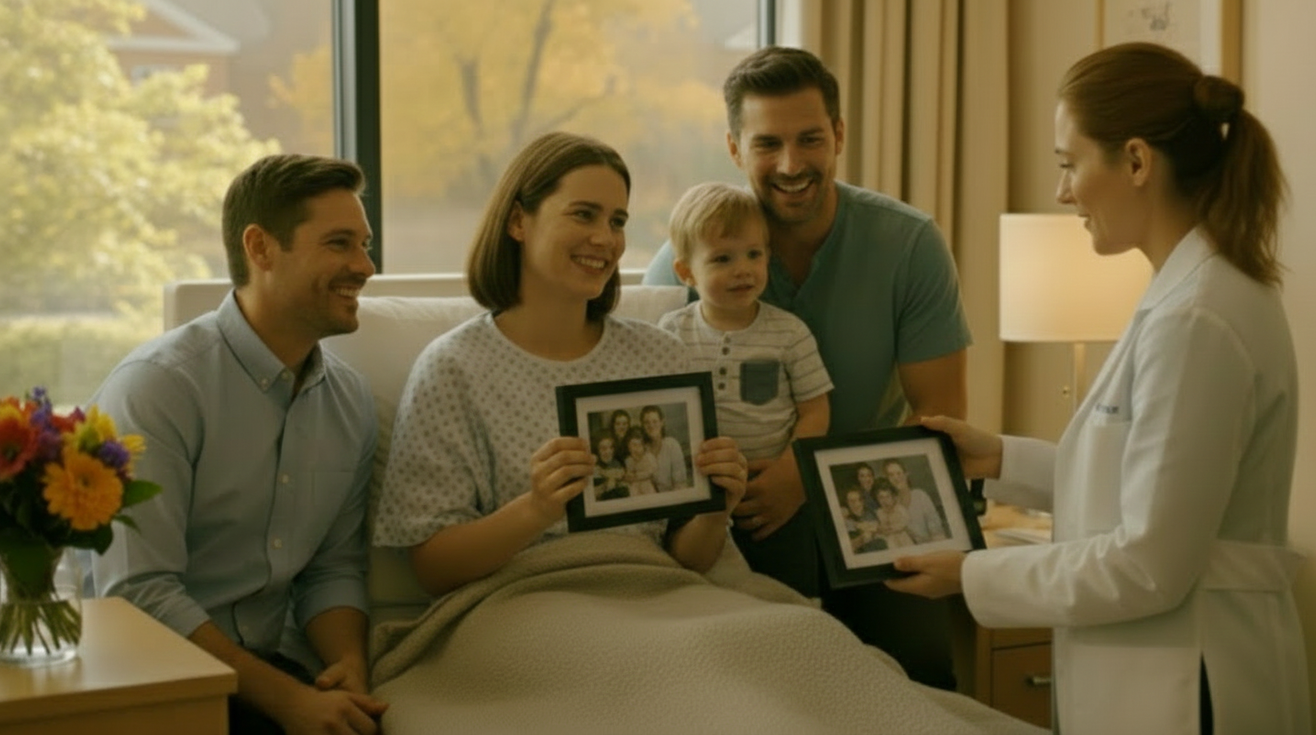Understanding Detoxification in Older Adults
The detoxification process, an essential element in pursuing a healthier lifestyle among older adults, warrants a thorough understanding due to its impact on their overall well-being. This physiological process aims to eliminate harmful toxins from the body, promoting excellent health. Understanding its complexity necessitates exploring two factors: senior nutrition and lifestyle adjustments. Senior nutrition plays a pivotal role in detoxification. A diet rich in antioxidants, fiber, and hydration can facilitate the elimination of toxins. Additionally, consuming processed foods, often high in sugar, sodium, and unhealthy fats, can hinder detox.
Lifestyle adjustments also contribute significantly to the detox process. Regular physical activity boosts circulation and promotes sweating, which helps expel toxins. Furthermore, adequate rest and sleep are essential for the body’s natural detoxification functions. Managing stress through mindfulness and relaxation techniques can further support detoxification. Adopting a balanced and nutritious diet is key to effective detoxification for seniors.
Physiological Changes In Aging
As we age, our bodies undergo significant physiological changes, particularly in metabolic functions, which impact the efficiency of detoxification processes. These age-related metabolic shifts can alter the effectiveness of detox programs for older adults, necessitating an individualized approach. Hence, it is important to understand these changes to design detox programs that are both safe and effective for this population. The aging process is marked by changes in body composition, including a decrease in muscle mass and an increase in fat deposits.
Concurrent to this, there’s a decline in metabolic rate, resulting in reduced calorie needs. These changes can make older adults more prone to obesity, diabetes, and cardiovascular diseases. Moreover, the aging process also affects the function of important organs like the liver and kidneys, which play a critical role in detoxification. Any impairment in their function can disrupt the body’s metabolic balance, emphasizing the need for tailored detox programs. Exploring these changes with age reveals a significant impact on detoxification efficiency among seniors.
Common Detox Challenges for Seniors
Older adults encounter unique challenges that complicate their recovery journey, like senior malnutrition and elderly dehydration, which impede detoxification. As people age, their metabolic rates slow down, leading to decreased appetite and subsequent malnutrition. A malnourished body struggles to detoxify, lacking essential nutrients needed for various detox processes. Seniors frequently experience dehydration due to reduced thirst and hindered fluid retention. Dehydration can slow detoxification, as water is essential for flushing toxins.
Additionally, reduced organ function becomes an issue as we age. The kidneys and liver, pivotal for detoxification, may not work efficiently, prolonging the detox process. Chronic conditions like diabetes and heart disease complicate detoxification, affecting the body’s ability to eliminate toxins and increasing the risk of adverse reactions. Addressing these challenges requires a personalized detox program that takes into account the unique needs and limitations of older adults, ensuring a safe and effective detox process.
Medication Interactions in Detoxification
As older adults begin detox programs, a vital area to contemplate is the potential for medication interactions. These complexities pose serious risks and can complicate the detoxification process. Hence, fully understanding these interactions and developing strategies to minimize associated complications is essential in detox programs for older adults. The intricacy of medication interactions during detoxification can greatly impact the success of detox programs, necessitating a thorough understanding of this critical aspect.
In the context of senior polypharmacy, the process becomes more complex due to the high number of drugs, each presenting potential interactions. Older adults prescribed multiple medications experience polypharmacy. This increases the risk of adverse drug interactions during detoxification, requiring careful analysis of the individual’s medication regimen. A tailored approach to detoxification accounts for individual variations in medication responses, further reducing the risk of harmful interactions during this critical detoxification phase.
Personalizing Detox Programs for Seniors
Recognizing the unique health needs of older adults, it becomes essential to tailor detox programs that are safe and effective for this age group. A pivotal element to consider when personalizing these programs is senior nutrition. Given metabolic changes and dietary restrictions common in seniors, detox programs must provide adequate nutritional support while facilitating toxin removal. Mental health also plays a significant role in the success of detoxification programs, with aging often accompanied by cognitive changes and emotional stressors that influence how seniors respond to detoxification.
As such, detox programs must include mental health support strategies, such as counseling or mindfulness exercises, to improve seniors’ resilience during the detox process. Moreover, the personalized approach should consider seniors’ overall health status, including chronic diseases and medication use, as they can affect detoxification capacity and the seniors’ ability to tolerate detox programs. Therefore, personalizing detox programs for seniors demands understanding their physiological, nutritional, and psychological needs to guarantee safety and effectiveness.
Implementing Safe Detox Solutions
This approach encompasses medical supervision, gradual detoxification processes, and integration of supportive therapies. Detox diet trends, often lauded for quick results, may not suit seniors due to potential nutritional deficiencies or exacerbation of pre-existing conditions. Instead, a balanced, nutrient-dense diet can provide a thorough detoxification method. Holistic approaches, including physical activity and mindfulness techniques, fortify detox, aiding physical detoxification and providing mental and emotional support throughout the journey.
A safe detox program for older people involves steps: thorough medical evaluation to assess individual’s health and suitability for detox, personalized detox plan focused on gradual detoxification to minimize risks, implementation under regular medical supervision to monitor progress, and supportive therapies such as counseling, exercise, and stress management for a holistic process catering to well-being. Achieving tailored care ensures a safe and successful detox journey for seniors in their quest for health improvement.

Final Thoughts
The development of detox programs for older adults necessitates a thorough understanding of age-related physiological changes and potential medication interactions. It is paramount to personalize these programs, rooted in seniors’ unique physiological, nutritional, and psychological needs. Implementing safe, tailored detox solutions, augmented by case studies, can optimize outcomes and enhance the quality of life for seniors. Continued research in this domain is critical to bolstering the effectiveness of detoxification strategies in this demographic. At BlueCrest Detox, we’re dedicated to elevating you from the struggles of substance use to the peaks of recovery and resilience. Our expert team offers personalized, evidence-based treatment services tailored to support your unique journey toward healing. Reach out to us for the compassionate care you deserve on your path to wellness. Follow us on Facebook for ongoing support, insights, and inspiration on your recovery journey.
Frequently Asked Questions
What Are the Costs Associated With Tailored Detox Programs for Older Adults?
The costs of tailored detox programs for older adults can be significant, encompassing detox financing and insurance coverage considerations. These expenses may cover individualized treatment plans, medical supervision, and post-detox maintenance therapy.
How Does Mental Health Affect Detoxification in Seniors?
Mental health stigmas and senior isolation impact can greatly influence detoxification in seniors. These factors may increase emotional distress, impede recovery, and necessitate additional psychological support during the detoxification process.
Are There Any Specific Detox Programs Designed for Seniors With Chronic Conditions?
Yes, detox programs specifically designed for seniors with chronic conditions do exist. These consider nutritional requirements and exercise implications to guarantee overall health while effectively removing toxins from the body in a safe, manageable way.
How Can Family Members Support Older Adults During a Detox Program?
Family members can support older adults during a detox program by providing emotional encouragement, essential during challenging times. Additionally, aiding in necessary lifestyle adjustments can greatly contribute to the success of the detox program.
Are There Any Online or Remote Detox Programs Suitable for Older Adults?
Yes, there are online detox programs suitable for older adults. However, their effectiveness may be influenced by digital accessibility issues and the tech literacy of the individual, which must be adequately addressed for success.


